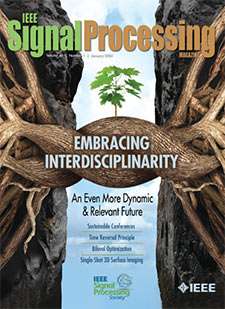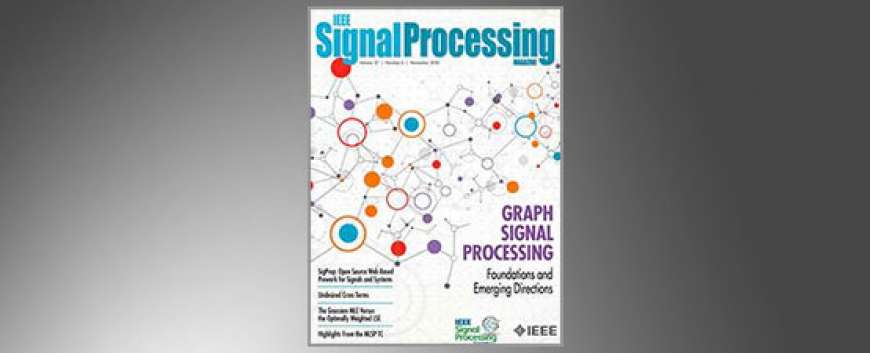IEEE SPM Special Issue on Model-based and Data-Driven Audio Signal Processing
Manuscript Due: 15 August 2023
Publication Date: January 2025
"All models are wrong, but some are useful" - understanding `models' as analytical mathematical models, this aphorism originating from George Box, 1976, motivates the synthesis of model-based and data-driven audio signal processing as the leitmotif of this special issue.
While mathematical models can very accurately capture some aspects of the audio signal and the acoustic environment, there are many uncertainties that cannot be resolved without additional information, usually inferred from data. Learningbased methods, especially those based on deep neural networks (DNNs), contributed tremendously to advances in speech and audio processing over the last decade. However, they usually do not embrace the physical nature of the problem and simply optimize the nonlinear relationship between training data and expected results relying only on computational power. Many problems call for more ecient solutions that minimize the computational burden, the amount of training data, and the memory requirements, and hence, also the power consumption. Moreover, pure data-driven DNN approaches remain largely unexplainable and non-interpretable, and a potential path to overcome these shortcomings is to explicitly integrate our prior knowledge about the nature of the data and the underlying physics by means of models in data-driven, especially neural-based, machine learning frameworks.
Topics of Interest
The special issue is dedicated to the challenge of fnding efficient combinations of analytical models and possibly computationally costly and data-intensive learning algorithms for pushing the current performance limits of audio processing algorithms. For all listed topics, prospective authors should clearly indicate how their contribution follows the main theme of this special issue, namely the paper must describe a combined model-based and data-driven methodology.
The topics of interest include, but are not limited to:
- Modeling, analysis, synthesis of acoustic environments
- Localization and tracking of acoustic sources
- Audio source separation and extraction
- Noise reduction and dereverberation
- Bandwidth extension and audio restoration
- Active noise control, echo and feedback reduction
- Spatial audio and audio rendering, hearables
- Acoustic array processing
- Audio privacy, security, and acoustic event detection
- Sparse representation of audio signals, coding
- Music signal analysis, processing, and synthesis
- Music information retrieval
- Psychoacoustics and quality measures
- Robot audition
- Multi-modal audio analysis and processing
White papers (max. 4 pages including proposed title, motivation, and signicance of the topic, outline of full paper, representative references; author list with contact information and short bios should be appended) are required and full articles are invited based on the review of white papers. Submitted articles must be of tutorial/overview/survey nature, written in an accessible style. All submissions are peerreviewed according to the IEEE Signal Processing Magazine guidelines. Submitted manuscripts should not have been published previously nor be under consideration for publication elsewhere.
Manuscripts should be submitted online | View Guidelines
Important Dates
| White paper due | August 15, 2023 (Extended) |
| Invitation notification | September 30, 2023 |
| Full length manuscripts due | December 15, 2023 |
| First review to authors | February 28, 2024 |
| Revision due | April 30, 2024 |
| Final decision | June 30, 2024 |
| Final package due | July 30, 2024 |
| Manuscript publication | January 2025 issue |
Guest Editors
- Sharon Gannot, Bar-Ilan University, Israel
- Walter Kellermann, Friedrich-Alexander Universitat Erlangen-Nurnberg, Germany
- Zbynek Koldovsky, Technical University Liberec, Czech Republic
- Shoko Araki, NTT Communication Science Laboratories, Japan
- Gael Richard, Telecom Paris, Institut Polytechnique de Paris, France













